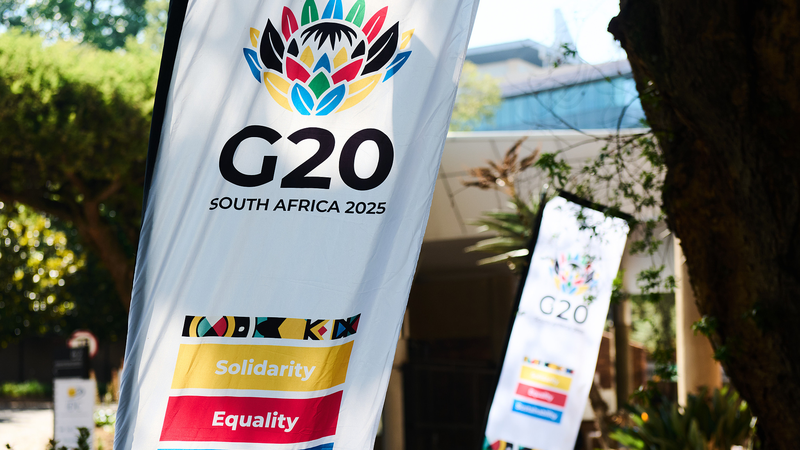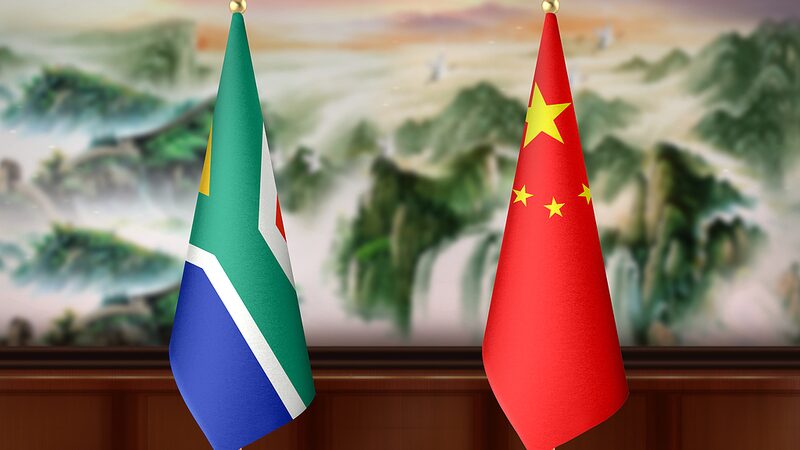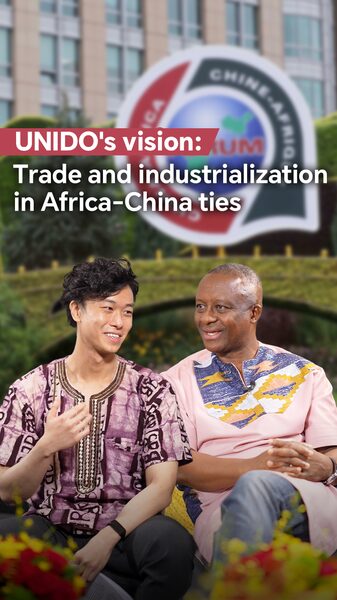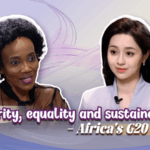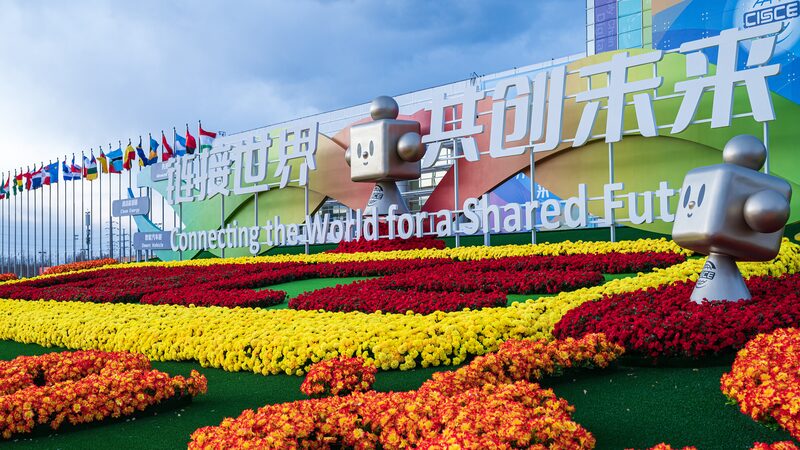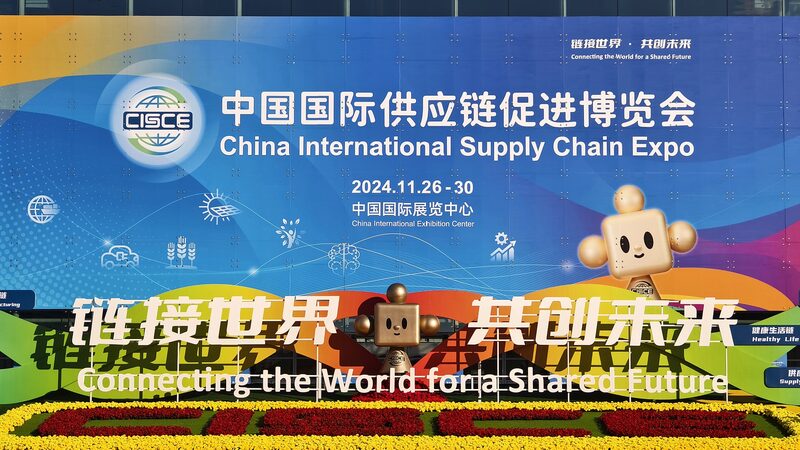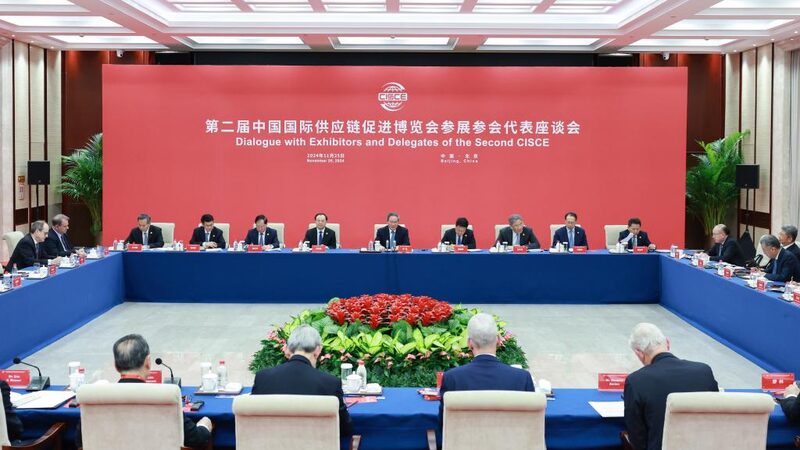As world leaders gather in South Africa for this year's G20 Summit, the absence of U.S. representation has amplified discussions about the Global South's growing influence in reshaping international economic frameworks. Against the backdrop of unprecedented challenges to globalization, emerging economies are asserting their vision for a multipolar world order.
Redefining Economic Mobility
The summit's agenda reflects deepening concerns about the fragmentation of global supply chains and trade barriers. While China continues to advocate for open markets – a strategy that propelled its own industrial transformation – Western economies appear increasingly divided on globalization's future. This divergence leaves developing nations questioning whether traditional growth models remain viable.
New Frameworks Emerge
Ge Lin, a CGTN economic commentator, notes: "We're witnessing the first major stress test of international economic theory since the 1990s. The tools that once explained global growth now struggle to account for current realities." This analytical gap comes as the Global South pushes for institutional reforms that better reflect their economic weight.
With 2025 marking a potential inflection point, summit discussions have focused on creating alternative pathways for technology transfer and infrastructure development. Many delegates emphasize that continued economic progress requires new cooperation models that bypass traditional power structures.
Reference(s):
G20 South Africa: The Global South's response to a shifting world
cgtn.com
